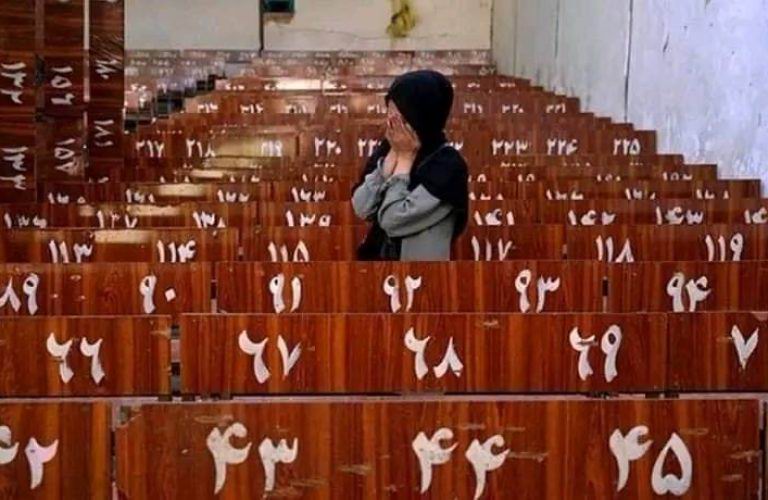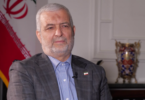KABUL (Khaama Press): The Taliban administration in Afghanistan considers one of its achievements in the past two years to be a reduction in conflicts and the establishment of overall security. While this claim is not entirely unfounded when it comes to armed confrontations, the question remains whether the security of citizens is truly guaranteed with a decrease in hostilities between opposing groups. Are people now able to continue their lives in complete safety?
Afghanistan has been a battleground for various conflicts and insecurity for at least four decades, with civilians bearing the brunt of these hardships.
With the return of the Taliban group to power on August 15, 2021, the type of war that had plagued Afghanistan for four decades effectively came to an end.
According to Rustam Khiadarov, a Tajik expert at the Valdai Club in Russia, the Taliban are now consolidating their power and preparing for long-term governance in Afghanistan.
This expert argues in an article titled “Challenges in Afghanistan: Is the Problem Decreasing?” that a “bad peace” has replaced a “good war” in Afghanistan. However, “bad peace” and “good war” are not clearly explained. It appears that Afghanistan, which had previously suffered from war, has now become a victim of this “bad peace” and its consequences, which cast doubt on the Taliban’s claim of providing security.
While it cannot be denied that the war in Afghanistan has come to an end, analyzed data on the level of attacks, armed conflicts, and other forms of hostilities that fall under the definition of war show a significant decrease in engagement in Afghanistan. But has social security, or the “social security” of citizens, been ensured? The answer to this question is evident in the concept of “bad peace” and its consequences currently affecting Afghanistan’s people.
“Social security” is a comprehensive sociological concept, and various definitions have been proposed. The most general definition relies on the “feeling of fear of crime in the social environment,” indicating that “social security is nothing but a state of people’s peace of mind, free from fear, threats, and anxiety, and the protection of their lives, property, honour, identity, and beliefs from any threat and harm.”
With this definition of “social security,” it can be said that despite a significant reduction in armed conflicts in Afghanistan, the “social security” of the people has been severely weakened.
Fear, threats, and harm threaten various aspects of their lives in Afghanistan.
In addition to “social security,” the sense of security is also considered an important indicator of social well-being in reports by the United Nations.
However, the realities in Afghanistan not only fail to meet the criteria outlined for “social security” but in many cases, violate entirely them. The United Nations Human Rights Council’s report on the status of women in Afghanistan is one example that suggests that “crimes against humanity” may have occurred in Afghanistan.
Experts from this council warn that the current situation in Afghanistan may lead to “sexual harassment,” which is considered a “crime against humanity” in the Rome Statute.
Human rights have also been severely undermined in Afghanistan, and reports from the human rights monitoring organization (Rawadari organization) indicate that women have been completely deprived of access to justice in the Taliban’s judicial system.
Furthermore, the human rights organization “Afghanistan Witness” has recently announced in its research that the officials of the Taliban administration have flogged more than 400 individuals on charges such as “adultery, homosexuality, and theft” since October of last year, executed at least two individuals, and stoned at least one person.
Another study by the same organization shows that violence and hostilities against women in the Taliban’s orders have not been reduced; instead, they have spread significantly in the online space and silence women.
All the evidence of human rights violations and the lack of social security in Afghanistan points to the consequences of “bad peace.” As Rustam Khiadarov, a Tajik expert at the Valdai Club in Russia, puts it, “Today, global and regional players in our geopolitical region have chosen ‘bad peace with the Taliban’ instead of ‘good war with the Taliban,’ and its consequences have plunged people’s lives in Afghanistan into crisis.”







